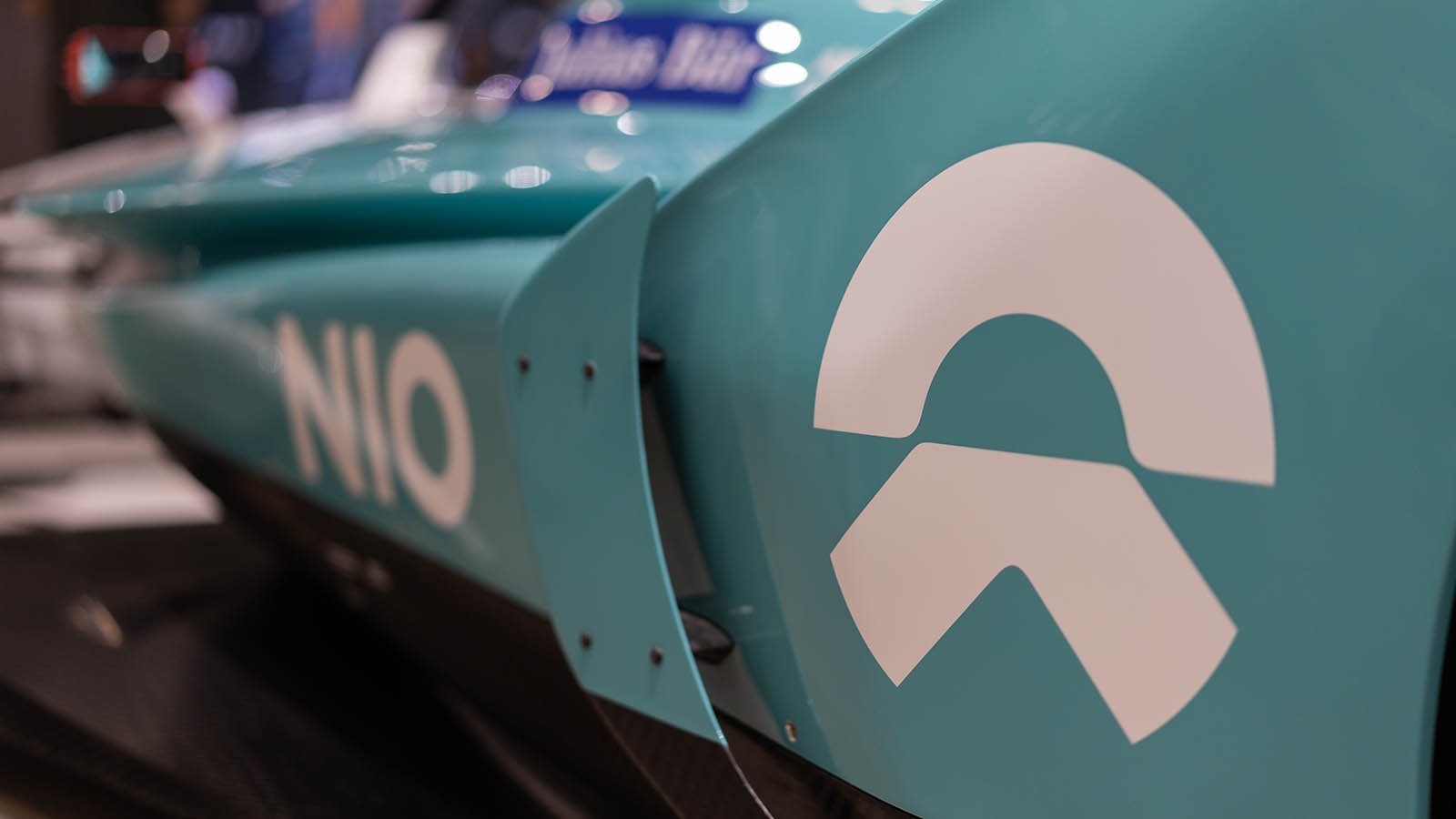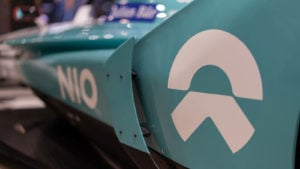Even though I’m not a fan of electric vehicle maker Nio (NYSE:NIO), I understand the allure of the Nio stock price. At one point earlier this year, shares closed up just above $10. And in September of last year, we saw NIO finish a session near $12. Today, you can pick up this equity for under $3.
Not only that, fundamentally, the EV maker seems like a reasonable contrarian bet. As many analysts and observers love to say, NIO is the Tesla (NASDAQ:TSLA) of China. Admittedly, Nio’s cars are drop-dead gorgeous. They also offer many of the same features and innovations as Tesla cars, but at a comparative discount.
Then again, there’s usually a reason why a company’s equity utterly collapses. More often than not, it has nothing to do with the markets not seeing an opportunity. In NIO’s case, I believe the hype around EVs has helped push the Chinese automaker to unrealistic expectations.
Here are three reasons I’m still avoiding NIO stock despite its already steep decline.
China Is (Sort of) the Biggest Automotive Market
Whenever an extensive discussion about the Nio stock price arises, you’ll invariably hear about China being the biggest automotive market. And it’s a true statement. In fact, with a population size of 1.4 billion people, China is the biggest market for pretty much anything.
So, why am I so down on Nio stock? For one thing, China’s leadership in automotive sales doesn’t really translate well for NIO. We often have this image in our heads that China’s economy is the next big thing of the east. While for some industries, it’s lived up to this billing, for automobiles and particularly EVs, it’s a different matter.
Around 35% of the country’s labor force works in the agricultural sector. That compares to only 2.5% in the U.S., and I’m sure other developed nations have similar stats. Thus, this automotive market isn’t nearly as robust as you think it is.
Sure, Chinese farmers need transportation too. But EVs aren’t very practical in the countryside. Moreover, they’re incredibly expensive relative to traditional fossil-fuel powered cars. For instance, NIO made a big fuss when its ES8 SUV significantly undercut Tesla’s Model X. But at nearly $68,000, an ES8 isn’t exactly chump change. And that bodes poorly for the Nio stock price, especially if we head into a recession.
Limited EV Infrastructure Hinders Nio Stock
One of the reasons why Wall Street pummeled the Nio stock price this year is due to a critical delay. No matter how cool EVs are, or how much money they save on gasoline, their integration will always be limited by the snail pace of infrastructure.
And I’m being completely fair: This lack of infrastructural development is not Nio’s fault. However, until the world decides to make a shift toward EV-centric facilities, it’s pointless to risk too much in NIO stock.
This is also the same reason why lately I’ve been bearish on Tesla. For example, one year ago, consultation firm McKinsey & Company prepared a report on EV demand in the U.S. Based on consumer trends, EVs have exploded in popularity. However, one of the bottlenecks that McKinsey cited was infrastructure buildout.
Simply put, the demand is there, but the platform isn’t. This is a repeated scenario throughout the world, negatively impacting the Nio stock price.
Admittedly, with more consumers driving EVs, this should incentivize the development of public charging stations and other infrastructural needs. However, another bottleneck is the charging station’s lack of monetization.
As Fast Company put it, no one has found a way to make EV infrastructures economically viable. Until this matter is resolved, it represents another critical delay for NIO.
Recession Might Tank Gas Prices
Aside from their next-generation technologies, EVs have enjoyed a massive advantage over fossil-fueled cars. They are cheaper and sometimes free fuel.
Although I just mentioned that the EV infrastructural buildout is slow, progress is still being made. For instance, several Target (NYSE:TGT) stores offer free EV charging stations. In one of my local Target stores, I see rows and rows of Teslas waiting for their turn to replenish their batteries.
To me, it seems like a stressful way to spend a Sunday afternoon. However, if I could get free fuel for my German gas guzzler, I suppose I’d join their ranks.
But that’s only if it made economic sense. If the price of gasoline drops lower, my inclination to fight traffic and wait in line becomes significantly reduced. Hence, Nio stock has a distinct recession risk.
If we suffer a global downturn, chances are gasoline prices will plummet due to oversupply and lack of demand. Should this trend continue, the incentive to buy a comparatively impractical EV lessens. With all the other problems facing EVs, it’s best to leave NIO stock in park.
As of this writing, Josh Enomoto did not hold a position in any of the aforementioned securities.

